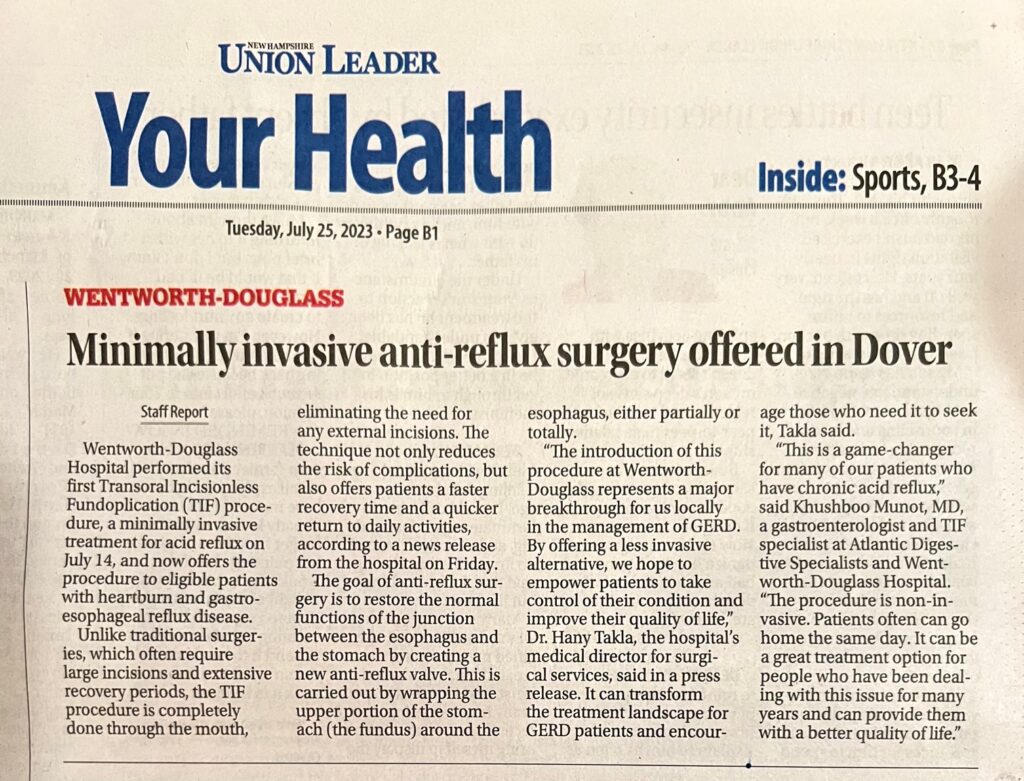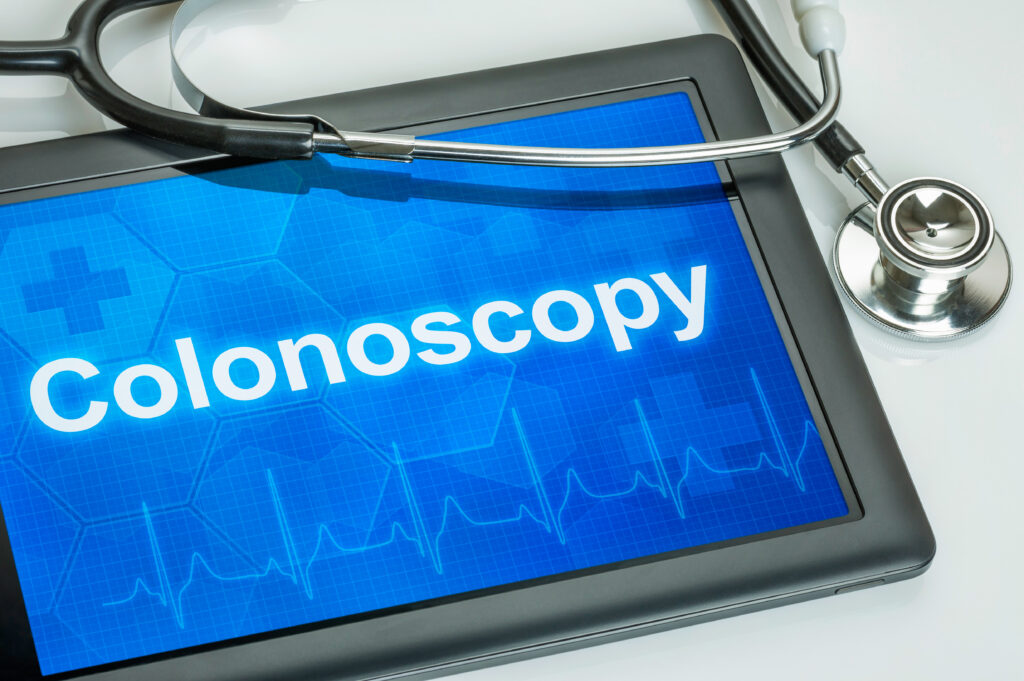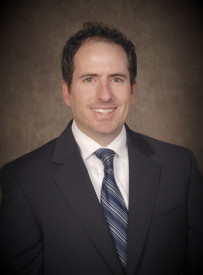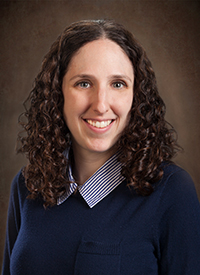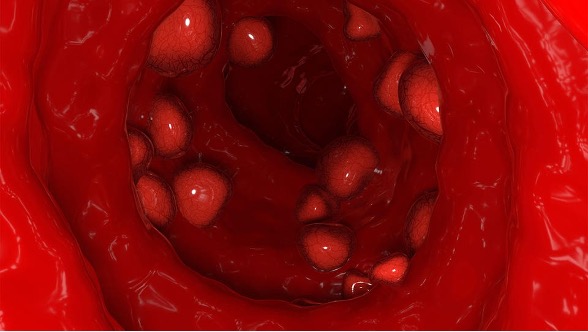Wentworth-Douglass Hospital announced that it successfully performed its first Transoral Incisionless Fundoplication (TIF) procedure on July 14, marking a significant milestone in the hospital’s commitment to providing advanced, minimally invasive treatments to the Seacoast community.
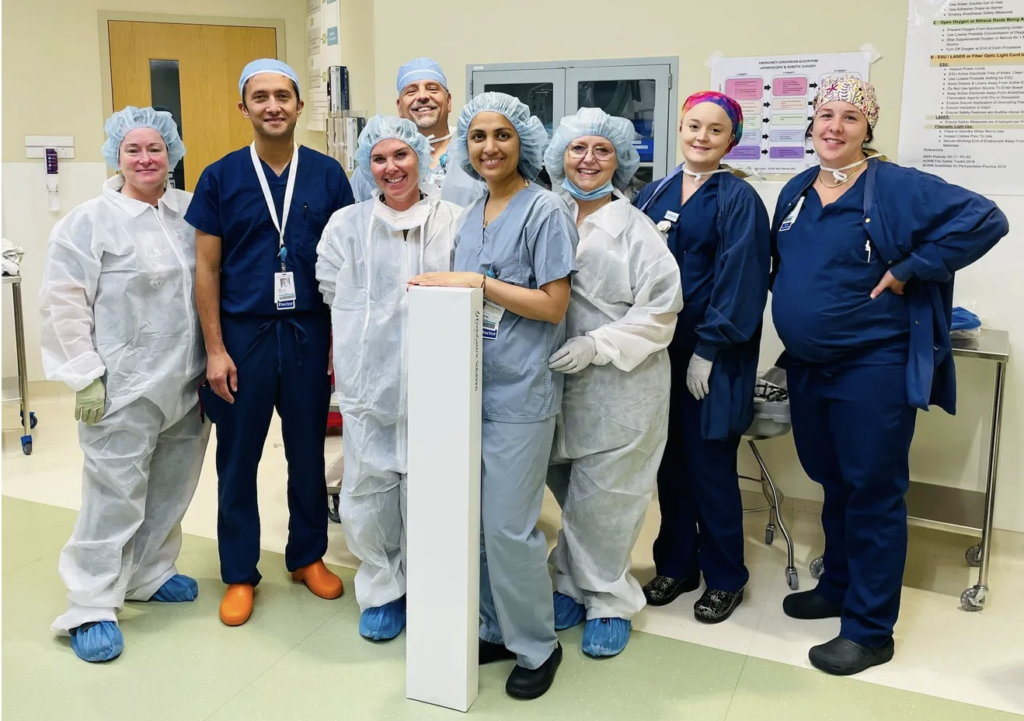
The TIF procedure is a cutting-edge technique that offers a revolutionary approach to the treatment of heartburn (acid reflux) and other chronic symptoms associated with GERD (chronic gastroesophageal reflux disease). Unlike traditional surgeries, which often require large incisions and extensive recovery periods, the TIF procedure is performed entirely through the mouth, eliminating the need for external incisions. This groundbreaking technique not only reduces the risk of complications, but also offers patients a faster recovery time and a quicker return to their daily activities.
The goal of anti-reflux surgery is to restore the normal functions of the junction between the esophagus and the stomach by creating a new anti-reflux valve. This is carried out by wrapping the upper portion of the stomach (the fundus) around the esophagus, either partially or totally.
“The introduction of this procedure at Wentworth-Douglass represents a major breakthrough for us locally in the management of GERD. By offering a less invasive alternative, we hope to empower patients to take control of their condition and improve their quality of life,” said Dr. Hany Takla, medical director for surgical services at Wentworth-Douglass. “It really has the potential to transform the treatment landscape for our current GERD patients and hopefully encourages those who need it to seek treatment as well.”
The TIF procedure exemplifies Wentworth-Douglass Hospital’s dedication to adopting innovative medical technologies that enhance patient care and improve outcomes.
“This is a game-changer for many of our patients who have chronic acid reflux,” said Khushboo Munot, MD, Gastroenterologist and TIF Specialist at Atlantic Digestive Specialists and Wentworth Douglass Hospital. “The procedure is non-invasive, and patients often can go home the same day. It can be a great treatment option for people who have been dealing with this issue for many years and can provide them with a better quality of life.”
